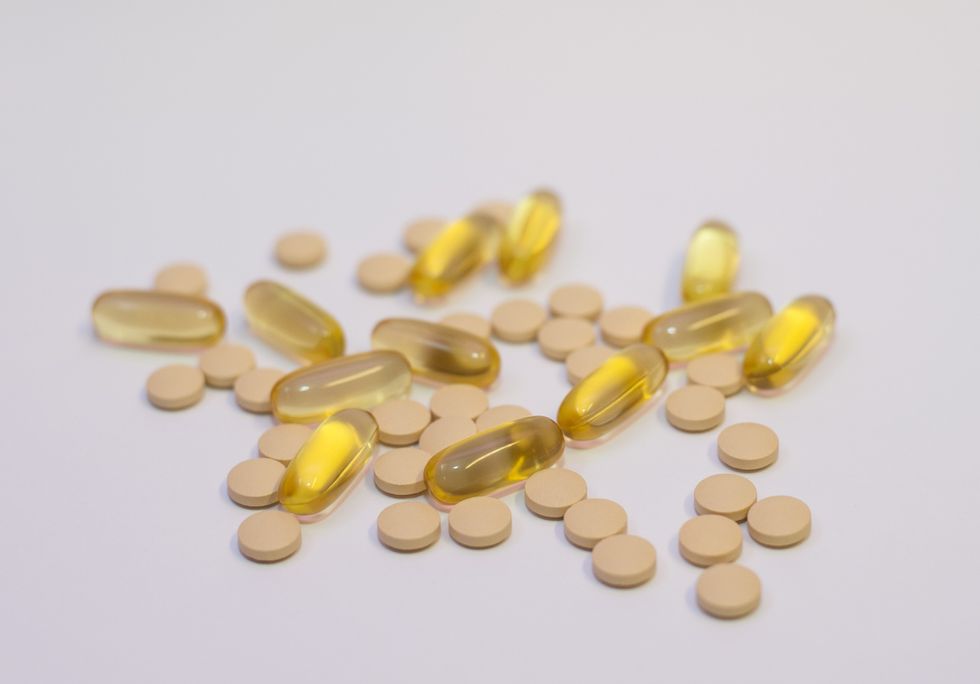Doctor tells ALL adults take 2p vitamin to slash risk of dementia

Research shows that dementia occurrence can be reduced by 40 per cent
Don't Miss
Most Read
Latest
A new study has found that a daily supplement can cut risk of dementia by 40 per cent.
Dr William Grant said that taking vitamin D supplements daily can be effective in reducing the risk of the condition.
Research in France found that individuals exhibiting vitamin D levels below 50 nmol/L were nearly three times more likely to develop Alzheimer's disease.
It is estimated that around 60 per cent of the UK falls below these levels.

Vitamin D supplements may cut risk of dementia
|PA
It is already widely known that the vitamin can help maintain healthy bones and a stronger immune system.
A study took place earlier this year, involving more than 12,000 individuals aged 70 and above who were free from dementia.
The results of the study indicated that supplements can be effective in reducing the risk of this condition.
In total, 37 per cent of the participants were taking vitamin D supplements and experienced a 40 per cent decrease in the incidence of dementia.

Sunlight can often be difficult
|PA
Advisor to the prevention charity foodforthebrain.org Dr William Grant said that Vitamin D is essential for adults and recommended taking supplements.
He said: "All the evidence regarding cardiometabolic diseases, cancer, diabetes, infectious diseases and pregnancy outcomes shows that you need a blood level of vitamin D above 75 nmol/L to be healthy, and the same is proving true for the brain.
"Every adult should consider taking a vitamin D supplement between October and March, as our main source of the vitamin, the sun, is not as strong during these times.
"If you choose to take vitamin D supplements, 10 micrograms a day will be enough for most people, though those with darker skin typically need more."
While Vitamin D is found naturally in certain types of food, it is often not prevalent enough for the recommended daily amount.
Some of the food types it is found in include oily fish, red meat, liver, egg yolks and fortified foods, such as fat spreads and breakfast cereals.
Speaking to the British Heart Foundation Senior Dietitian Victoria Taylor says: "It's recommended that everyone take a supplement containing 10 micrograms (10 μg, equivalent to 400 IU) of vitamin D daily in autumn and winter.
"More than this is not necessary, and is likely to be more expensive, but you can safely take up to 25 micrograms if that’s the size you can find."










